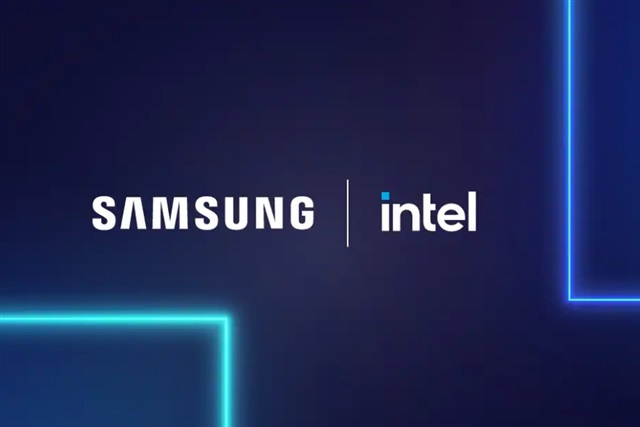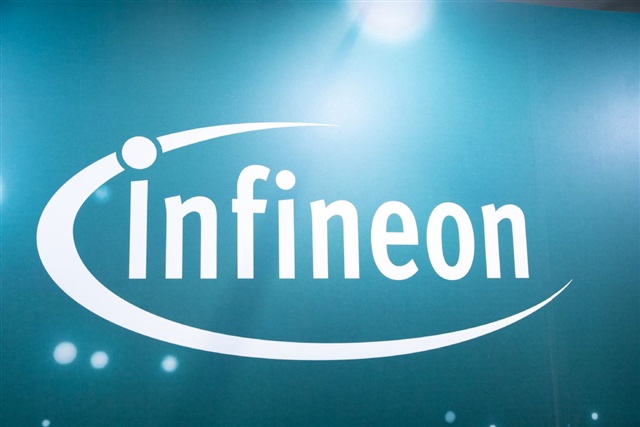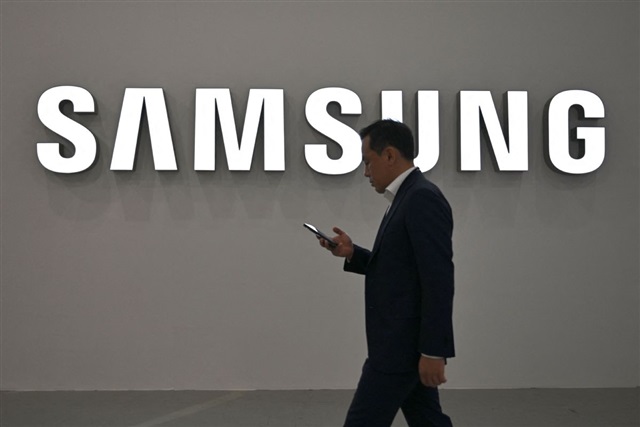TECHCET— the electronic materials advisory firm providing business and technology information on semiconductor supply chains — is forecasting the Semiconductor Wet Chemicals market to slow to -0.9% in growth in 2023, as noted in the most recent update to TECHCET’s Wet Chemicals Critical Materials Report? . This slowdown is following downward trends for the overall global economy as risks of recession and rising inflation continue. Through 2023, the semiconductor materials market is expected to be flat, though positive growth could be seen if average selling prices from last year’s demand hold over to this year. By 2H2023, TECHCET is anticipating growth to return, leaving a forecasted 6.4% 5-Year CAGR from 2022-2027.

TECHCET is estimating wafers starts to also decline by about 5% in 2023. Between 2022 and 2023, NAND flash makers are rolling out approximately 200+ layer chips offerings. Into 2026 and 2027, 4XXL and 5 XXL 3DNAND are also expected to surge.
DRAM is currently undergoing a transition to EUV and full implementation of High-k/Metal Gate. Architectural changes and new patterning technology has also driven the need for new unit processes and new materials. With each such change, there is a growing need for more Chemicals and Wet Clean processes.
Several new material expansions have been announced between the US and Korea that should affect the Wet Chemicals market in the coming future. For example, LCY Group based in Taiwan, who is a key supplier to TMSC, has publicly announced an IPA repackaging and purification in Phoenix. Additionally, Chang Chun Group’s $400M investment towards a H2O2, TMAH, and plating solution facility in Arizona is expected to conclude their phase 1 soon.
sources:semiconductor digest
Stay up to date with the latest in industry offers by subscribing us. Our newsletter is your key to receiving expert tips.

Samsung is reportedly evaluating a potential European semiconductor expansion alongside its South Korea and US manufacturing base, as the region tightens local production requirements and Germany seek

Given frequent price increases across precious metals, wafer foundry services, and packaging and testing, Infineon's announcement of price increases is very telling for the market. The company wil

Nvidia has recently signaled to Samsung Electronics that it hopes to secure early deliveries of sixth-generation high-bandwidth memory, known as HBM4. At the same time, as memory makers devote an incr